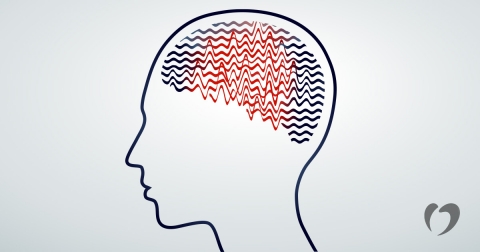Reflex Mediated Syncope

One of the most common types of syncope is reflex mediated syncope, also called neurally mediated or vasovagal syncope. With this type of syncope, episodes occur because of miscues in the autonomic nervous system, or the system that controls regular bodily functions such as breathing, heartbeat, and digestion.
Receptors in the human body send information to the brain, and the brain regulates blood pressure, heart rate and other functions based on the information received. In reflex mediated syncope, the brain misinterprets the information received and allows the blood pressure to drop suddenly. As the blood pressure drops, blood flow to the brain is limited, and the person passes out. Once a person is lying down, blood flow returns to the brain, and they regain consciousness.
Reflex mediated syncope tends to happen more frequently when people have been standing for a long period of time or when their body temperature rises, but it can also occur with changes in position, after eating a large meal, or other situations. There are a number of sub-categories of reflex mediated syncope, and each case is unique regarding when and why a person experiences syncope.
In the past, reflex mediated syncope would often be misdiagnosed as seizures, since the loss of consciousness and limited blood flow to the brain could result in seizure-like activity in the body. Misdiagnosis as seizures has declined in recent years as more information about syncope is available.
When a patient visits the Oklahoma Heart Hospital with suspected syncope due to fainting spells or passing out, doctors will first try to confirm that it is syncope. Then they will try to determine what is causing it, as well as check for any underlying heart issues that could present a bigger concern.
One test to diagnosis reflex mediated syncope is a tilt table test, where the patient lies on a special table and is tilted to a specific angle. Doctors monitor the heart rhythm and blood pressure during the test and try to reproduce a syncope episode by changing the tilt angle and stimulating the reflex system.
Treatment varies depending on the specific type of reflex mediated syncope diagnosed. Because syncope is an issue of blood volume, doctors often recommend increasing salt intake, staying well hydrated, and getting daily aerobic exercise. Some patients may also require medication to better manage their syncope. Most importantly, patients should be aware of any warning signs, such as dizziness or nausea, and sit or lie down until those feelings have passed.
For more information about testing and treatment options for reflex mediated syncope, contact the Oklahoma Heart Hospital today.




